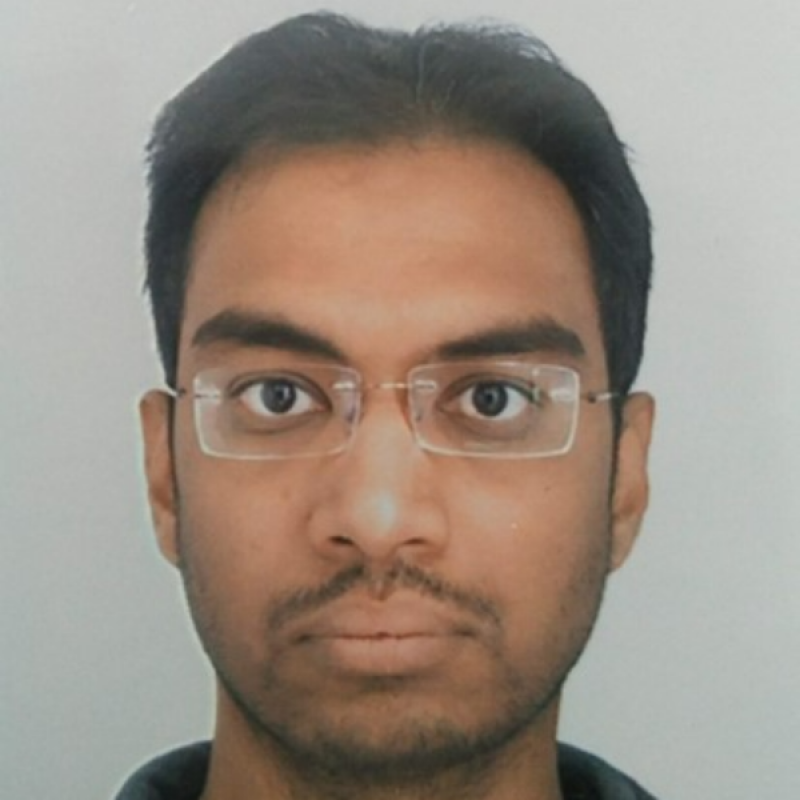Supervisors

Dr Krishna Manaswi Digumarti
- Position
- Lecturer
- Division / Faculty
- Faculty of Engineering
Overview
Robotics has a positive impact on surgical procedures. This is particularly the case with minimally invasive surgeries. In these procedures, there is a need for compact tools that can be inserted through a tiny opening but are versatile in function. This project will look at the design of dexterous alternatives to traditional surgical tools within this context. Methods to vary the workspace and stiffness of the tool will be investigated by combining inspiration from the design of miniature biological joints with technologies from soft robotics.
Research activities
- A thorough review of the literature on surgical tools, existing techniques and understanding requirements of medical practitioners
- Development of new technologies to achieve dexterity and functionality
- Design and fabrication of prototype devices
- Experimental validation in a phantom
- Communicating results at scientific venues
Outcomes
- New methods to improve tool dexterity and functionality
- Prototype devices that demonstrate improvement over the state of the art
- Methods to manufacture and control prototype devices
Skills and experience
- The applicant is expected to have a background in either engineering (mechanical, electrical, medical, design, control, mechatronics), robotics, physics, or bioengineering
- A master’s degree or a bachelor’s degree with excellent academic record is desirable
- The candidate must be familiar with computer aided design and fabrication.
- The student must be interested in developing hardware and setting up experimental platforms
- Students who enjoy learning new fabrication techniques will find this project attractive
- The project involves interacting with medical practitioners, engineers, and support personnel. Therefore, the ability to communicate with people of diverse backgrounds is desirable
- Excellent oral and written communication skills in English are expected.
- Proficiency in a programming language such as C++ or Python with experience in embedded programming is a bonus
Scholarships
You may be eligible to apply for a research scholarship.
Explore our research scholarships
Keywords
Contact
krishnamanaswi.digumarti@qut.edu.au